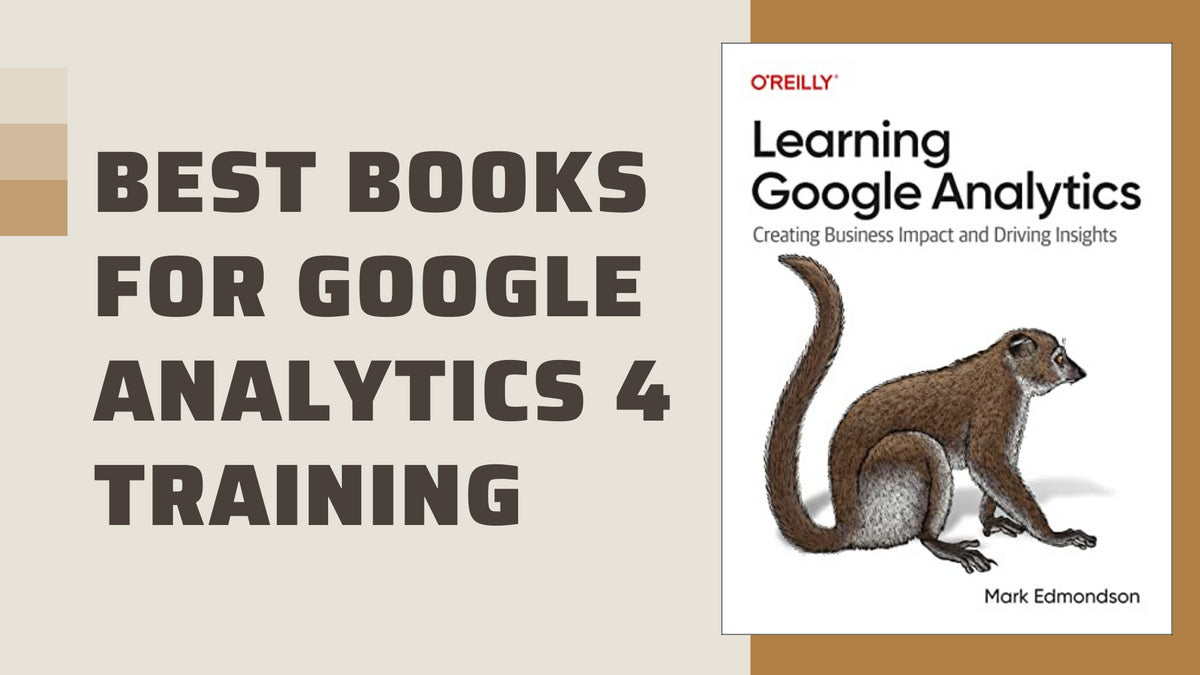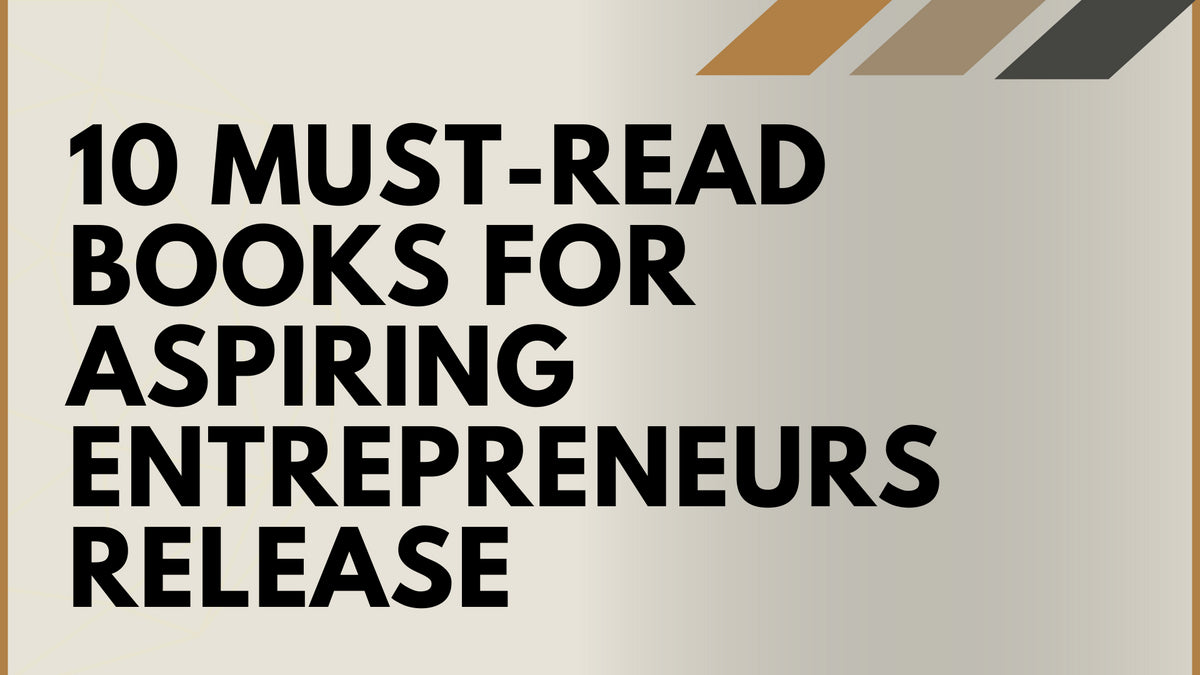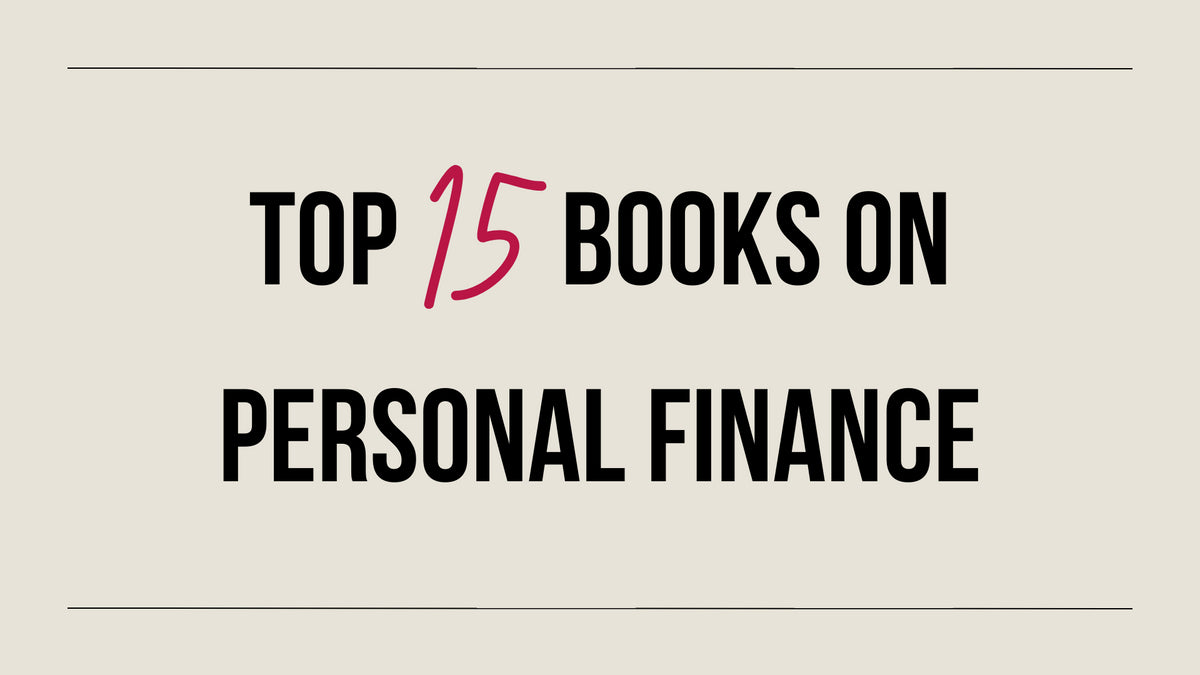Your Cart is Empty
Stumbling On Happiness Book Summary: Learn To Be Happy
Listen To This Article
How To Be Happy
Humans have a special ability of looking into the future. A majority of us lack the certain awareness and prowess to properly utilize this info. The book thus gives us an outlook on how we can use this knowledge to create a happy and fulfilling life.Use Your Imagination To Find Happiness
- Imagination is the human brain's greatest ability. Imagination gives us the ability to view the world in endless ways.
- The human brain tends to make predictions of almost everything very quickly. We feel surprised when the outcome is not what was expected. Anxiety and planning, future-oriented functions, is done by the frontal lobe.
- We tend to dream since the illusion is enough to bring joy.
- Predicting a bad future is not as bad as not being able to predict the future at all.
- Awareness and experience are not the same though closely related. Taking part in an event is experience whereas awareness is knowing the event is taking place.

Featured In This Review
Stumbling On Happiness
$9.39
Learn to find happiness through your work and life. Predictions and preparation are sometimes frustrating results of our day dreaming and attempts to see in the future. How can we find happiness in a world filled with uncertainty? This book shows the way.
SHOP NOWStumbling On Happiness Book Summary
The brain is always processing information. As a child in the classroom, we tend to wander into daydreaming. Our minds are elsewhere but our bodies present. The brain is constantly surveying the information for a new environment and trying to make sense of what is happening.
The human mind is capable of creating a very life-like image and scenario of the future, based on a small sample size of information. The challenge arises after one predicts and imagines a specific future, this tends to become the only way you see things to unfold. You hold expectations that things will turn out the way you wanted. This is very powerful if used properly. For more on that read the book The Ultimate Sales Machine.

We naturally tend to believe in the best possible scenario of the future. This leads to future disappointments if the desired outcome is not achieved. We tend to forget the thousands of other scenarios that could have taken place.
Another factor may be our emotional state. People tend to make irrational decisions based on how they feel, justifying them as logical decisions. Your brain is poor at filling in these gaps but it manages to keep trying. We should aim to get the awareness of this process to have more subjective outlooks. To learn simple techniques that can help you go from dreaming about something, to doing it read the book Big Dreams, Daily Joys, Elise Blaha Cripe.
Want to buy a book review like this?
Click here to learn how to get your book reviewed!
Products you get should be based on value. We tend to impulse buy unnecessary things without thinking them through. Imagine a person who buys a newspaper daily for a year, saying it's a bargain at the price. Instead of comparing it to previous prices or other magazines, imagine the value of money you'd get if you invested that money into a more practical use.
We should always judge based on the value the product will bring us, not the past price. The past price consideration in decision making is called Prospect Theory and it is discussed much more in the book Contagious.

Happiness to all of us means something different. This means we may not judge how happy someone is, based on our self-made presumptions. Someone may be just as happy, living a life as a simple farmer as opposed to a rich successful businessman.
The narrative that money is needed for happiness, is false. In today's world, we depend on a strong economy, therefore we falsely spread the myth that we need money in order to be happy. This is definitely a refreshing sentiment to read about.
When one is completely engaged in what he is doing, without any reference to the past and present, he is in the flow state. This is our natural form which we have turned away from. Present awareness helps us develop this skill.
Our childhood, standards of living, and past experiences affect our levels of happiness. When we have a pleasant experience, we tend to tag that as happiness. Our definition of happiness changes based on what happened in the past.
The brain is designed to focus on the present, but for survival purposes, humans had to record future and past experiences. Experience and awareness are similar but not necessarily the same thing. Experience suggests taking part in an event. Awareness suggests being present of current situations as they are happening. Our memories should not be trusted as they carry biases based on our emotions and current environment.
We tend to focus on unique events, as opposed to the complete experience. This gives us hazy perspectives on how the event actually happened. If we are able to focus our minds on the present, we can tend to see things as they are.

A bad experience can be a learning tool. In hindsight, our brain is wired to make a bad decision better. We quickly try to explain to ourselves that situations are better after unpleasant experiences. This way we accept these situations and are able to make better judgments in the future. It's a subconscious defense mechanism which Angela Duckworth talks about in her amazing book GRIT.
Our brains are geared for action. We are unable to get something positive if we have no information about it. We tend to make decisions based on this and end up regretting doing nothing more than experiencing a new feeling.
Gilbert makes clear that unpleasant experiences are a part of life and we all go through them from time to time. Life happens in waves and this shall eventually pass. The book How To Stop Worrying And Start Living has some wonderful tools to help with difficult situations.
We seem to overestimate the impact traumatic events have on people. As seen, people who survive earthquakes tend to be happier than those who just imagined it.
About The Author Daniel Gilbert
Daniel Gilbert a renowned Professor of Psychology at prestigious Harvard University. His research on "affective forecasting" investigates how we make future predictions based on our emotions.
In 1981, Gilbert received his Bachelor's Degree in Psychology from the University of Colorado, Denver. He then proceeded to get a Ph.D. in Social Psychology in 985 from Princeton University. From 1996 he has worked at Havard's University Psychology department.
For his teachings and research, he has won plenty of awards including: Guggenheim Fellowship, American Psychological Association's Distinguished Scientific Award for an Early Career Contribution to Psychology.
His research has been on the pages of CNN, Oprah Magazine, Forbes, The New York Times Magazine, The New Yorker, Psychology Today, and many others.
Want to buy a book review like this?
Click here to learn how to get your book reviewed!
Leave a comment
Comments will be approved before showing up.
Also in Books

The Best Books for Google Analytics 4 (GA4) Training
Unlock the secrets of Google Analytics 4 with our curated list of the best GA4 training books for 2023! Dive deep into actionable insights, master advanced techniques, and lead the digital analytics revolution. Don't get left behind; discover the ultimate resources to dominate GA4. Click now to elevate your skills!
Read More
10 Must-Read Books for Aspiring Entrepreneurs
Do you dream of starting your own business? If so, you need to read this article! We've compiled a list of 10 must-read books for aspiring entrepreneurs. These books will provide you with the knowledge and inspiration you need to turn your dream into a reality. Click here to read the article and learn more!
Read More
Top 15 Books on Personal Finance
Are you looking for a safe and informative place to learn about personal finance? If so, you've come to the right place! This article discusses the top 15 personal finance books on the market, all of which are sure to help you improve your financial situation without any explicit sexual descriptions or that is sexually suggestive in nature or is primarily intended to cause arousal.
Read More